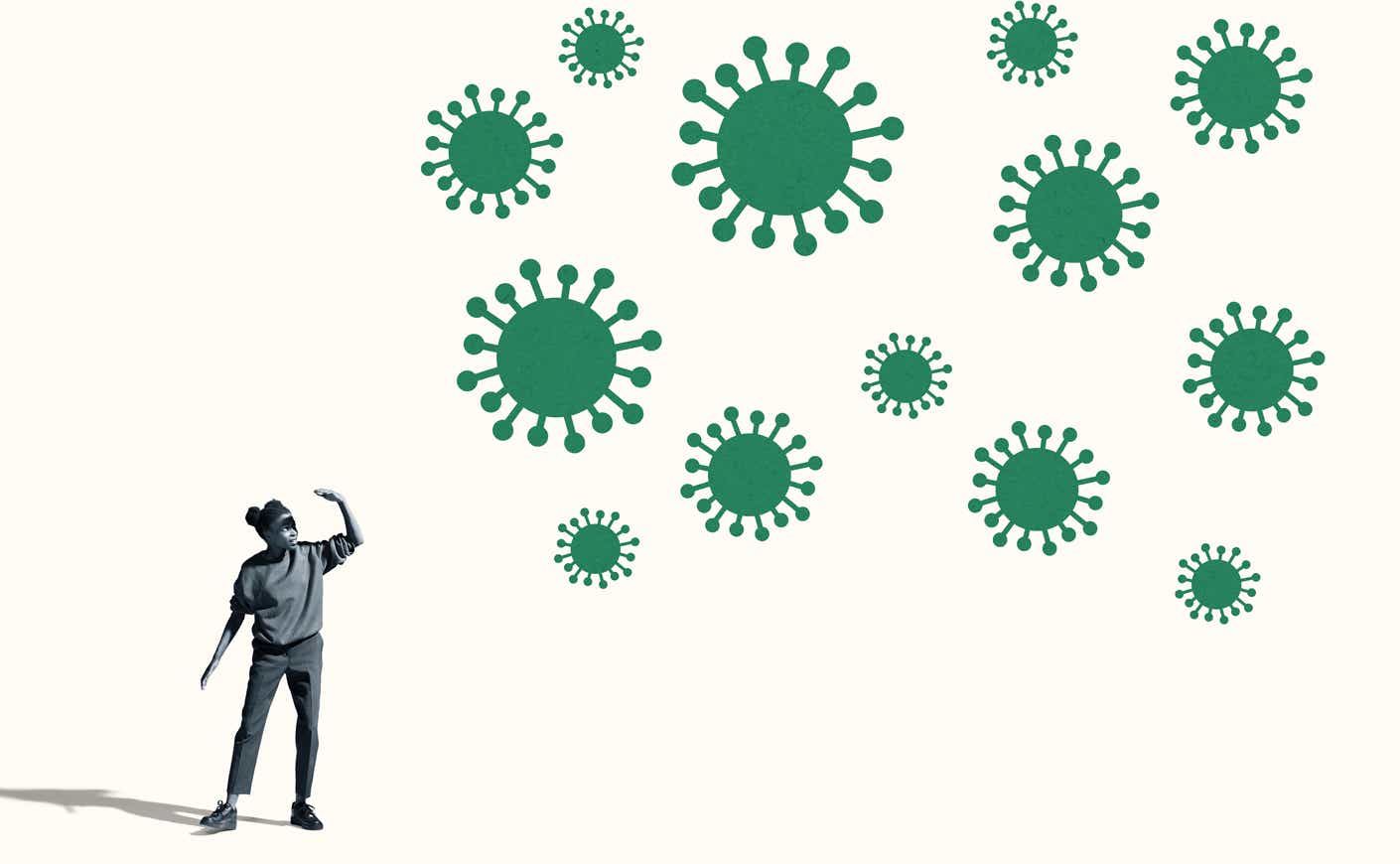It’s well documented that people of color, particularly Black Americans, have been hit disproportionately hard by the pandemic. Black people had contracted the virus at three times the rate of white people and were twice as likely to die from Covid-19, according to data from the first wave of the pandemic. Now clinicians fear that pattern could repeat itself when it comes to long Covid.
Racial bias in healthcare is a reality. Research has shown that clinicians often believe their Black patients experience less pain and are less likely to prescribe them medication for pain management. Convincing doctors that their symptoms from well-established illnesses was already an uphill battle, especially for Black women, — but convincing medical providers that they were suffering from long Covid — a still poorly understood condition that manifests a baffling range of symptoms — was an entirely different struggle, Chimére L. Smith, a patient advocate who’s still living with long Covid, tells us in a recent episode of Katie’s podcast Next Question.
“There is an unspoken bias that Black people are not aware of their bodies,” said Smith, 39, of Baltimore. “We have to work harder to convince doctors about what is happening in our bodies to get the kind of care that we need.”
Smith caught Covid-19 in March 2020. She had a sore throat and a cough, but over time her symptoms multiplied. She began experiencing dizziness on a regular basis, extreme fatigue, shooting pain running up and down her spinal column, and the temporary loss of vision in her left eye. Over the following six months, she sought care about a dozen times. Each time she was dismissed.
“I was told nothing was wrong with me. I often was told that I wasn’t well in my head. I was too anxious,” Smith says. “I was seen after white men, and I wasn’t receiving the same kind of care. That was devastating.”
Liza Fisher says she’s had a similar experience navigating the healthcare system. Fisher, 38, has dealt with tremors, chronic migraines, nausea, brain fog, memory loss — the list goes on and on. But when she looked for treatment, she says she was often “either brushed off or didn’t receive the standard of care that other patients received.”
Fisher says it was the first time she’d experienced “microaggressions in the healthcare system” and the first time she felt like she had to “bring awareness to that and stand up for myself.”
For Smith, long Covid and its debilitating effects kept her from her job as a middle school English teacher, and after months of being turned away by doctors, she took matters into her own hands. She began writing lawmakers and speaking to media about the lack of treatment for the illness.
“I wanted to save myself and those in my community — other Black people who are poor, who are disenfranchised, who don’t have the same healthcare access and who don’t have the same financial means as others,” she says.
To her surprise, as more and more people began experiencing long Covid, people began to listen to her. Last year, she was invited to speak at a congressional hearing on the issue, and recently met with Massachusetts Rep. Ayanna Pressley. Pressley is pushing for more support for long Covid survivors and for better demographic data on the condition to identify racial disparities in healthcare access.
“I am now a poor, Black, disabled woman living with long Covid. Saying it aloud makes it no easier to accept. Long Covid is not just a white woman’s condition,” Smith said at the hearing. “I am not alone, before we knew long Covid existed there were many Black women who suffered from chronic conditions that went ignored or misdiagnosed. I don’t know where these women are today, because they’ve been shunned from medicine and forced into silence.”
Smith says that it was gratifying to see long Covid legitimized as a serious condition and to see some acknowledgment that the medical establishment needs to do more to serve Black patients. And she’s encouraging more Black women to speak up.
“It’s almost like a crescendo of the same song. I can’t express enough to doctors and medical staff and media how important it is to listen to the patient.”








